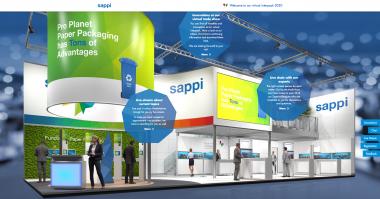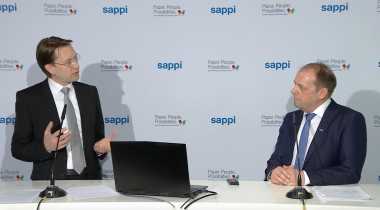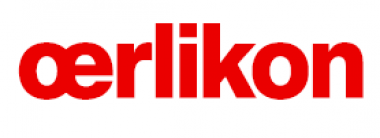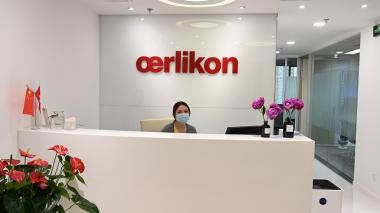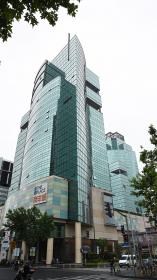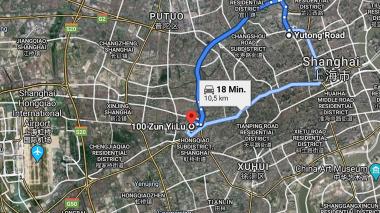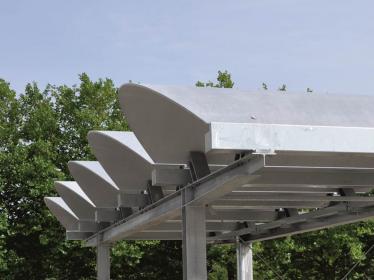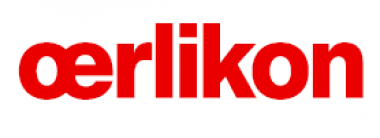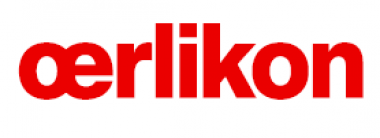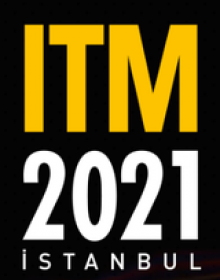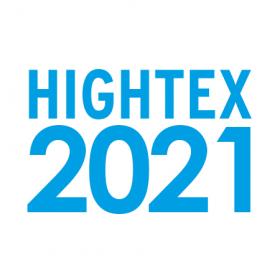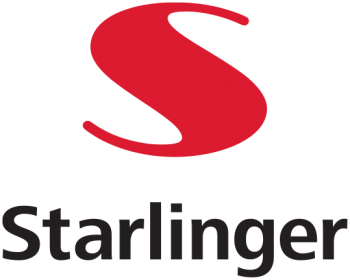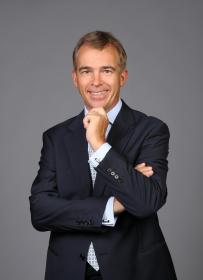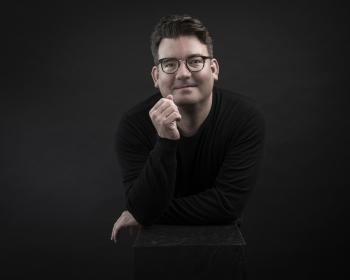VPK Group invests in FlexoCleanerBrush™ from Baldwin Technology
- New system automatically cleans corrugated printing plates in less than four minutes
Baldwin Technology Company Inc. has announced that corrugated packaging market leader VPK Group has recently installed a FlexoCleanerBrush. This new system—which automatically cleans and dries corrugated printing plates in less than four minutes—has been added to VPK’s advanced 2.1-meter-wide six-color Göpfert Ovation High Board Line flexographic printer at the company’s new high-bay factory in Halden, Norway.
With the FlexoCleanerBrush system, an inline cleaning station installed within each print unit uses a brush that runs the full width of each printing plate. Paired with a precision spray application system, the FlexoCleanerBrush evenly distributes a mixture of approximately five percent detergent and water across the plate as it spins, gently cleaning its surface. The plates are then dried by the integrated air knife. Cleaning cycles can be controlled through the FlexoCleanerBrush’s operator panel or the integrated Göpfert human-machine interface. Besides offering efficient cleaning during runs and fast end-of-job cleaning, the FlexoCleanerBrush system also enables operators to remove dry plates from the machine without the potential risk of plates sticking together once they are placed back in the plate-racking system. This helps to ensure increased board throughput, less downtime and a safer working environment by eliminating operators’ contact with nip points, moving parts and chemicals.
Baldwin Technology Company Inc.




